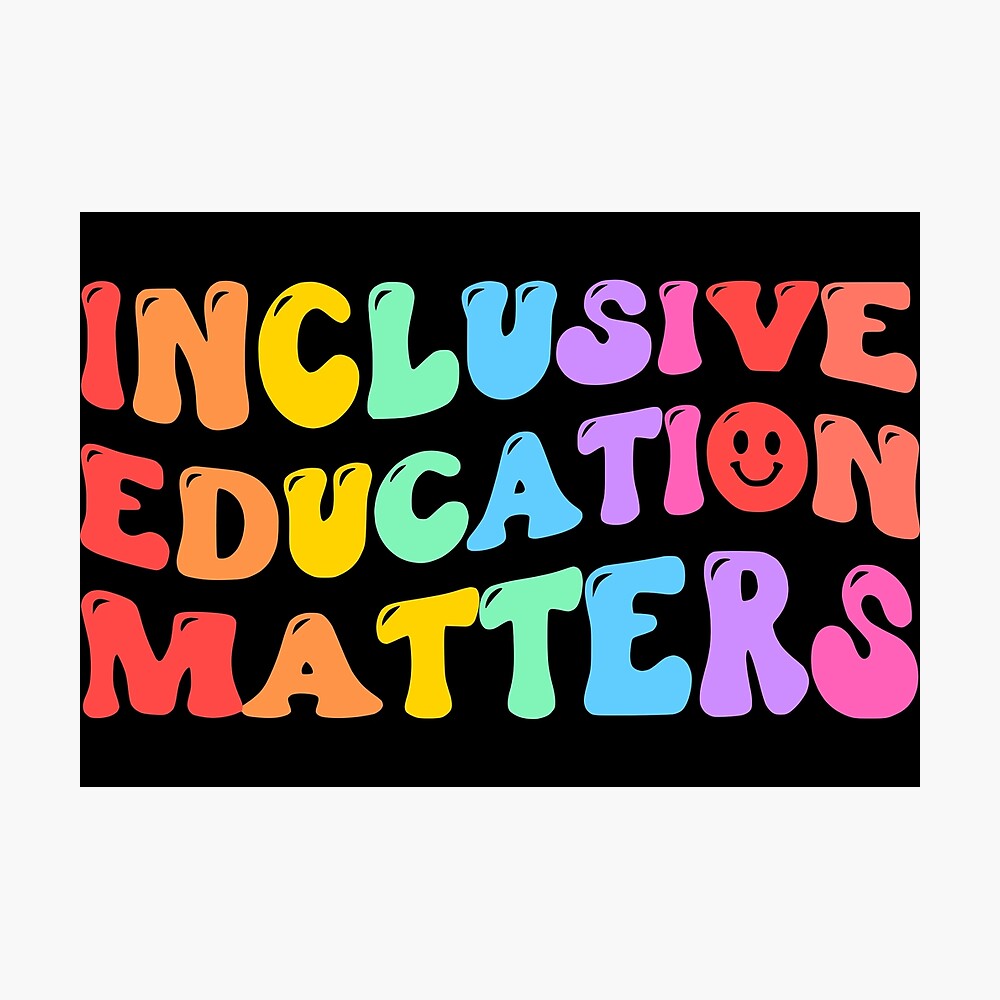Inclusive education is an approach to education. This approach seeks to ensure that all students can learn and take part in the same educational programs and activities. Regardless of their abilities or disabilities. As we seek to create a more fair society, where everyone has access to the same opportunities and resources. This approach to education is becoming important.
Benefits of inclusive education:
- Benefit 1 Breaking the barriers: One of the key benefits of inclusive education is that it helps to break down barriers. Those barriers often exist between students with disabilities and those without. By bringing these students together in the same classroom, they can learn from one another and develop friendships. It also forms a sense of community. This can have a profound impact on the social and emotional well-being of all students. Because they learn to appreciate and respect one another’s differences.
- Benefit 2 Promotion of academic success of all: Another benefit of inclusive education is that it helps to promote academic success for all students. By providing appropriate accommodations and support, students with disabilities can take part in the same curriculum as their peers. This helps them to achieve their full potential. Students without disabilities enjoy a more diverse and inclusive learning environment. Where they are exposed to a wider range of perspectives and experiences.
- Benefit 3 Breaking the stereotypes and stigma: Inclusive education is also important from a societal perspective. As it helps to promote greater understanding and acceptance of people with disabilities. By bringing people with disabilities into the mainstream, we can help to break down the stigmas. Also, the stereotypes that often surround them. Thus creating a more inclusive and accepting society.
Click here to know more about Inclusive Education : Why & How?
Challenges to inclusive education:
- Lack of resources and support: There are many benefits of inclusive education. Despite those benefits, there are still many challenges that must be overcome. One of the biggest challenges is the lack of resources and support that are available for teachers and schools. To be successful, inclusive education requires a significant investment. It includes factors like training, resources, and support for teachers. Also, a commitment from schools and districts focuses on inclusion and equity.
- Lack of awareness and understanding: Another challenge is the need for greater awareness and understanding. About inclusive education among parents, educators, and policymakers. Many people still hold misconceptions about students with disabilities. These people may not understand the importance of including them in mainstream classrooms. As a result, there is a need for greater advocacy and education. To help promote greater understanding and acceptance of inclusive education.
Conclusion:
In conclusion, inclusive education is an important approach to education. It seeks to ensure that all students have access to the same opportunities and resources. Regardless of their abilities or disabilities. It has many benefits, including promoting academic success, and social and emotional well-being. It is also helpful to promote greater understanding and acceptance of people with disabilities. But, many challenges must be overcome to make inclusive education a reality. Such as a lack of resources and support, and a need for greater awareness. Also understanding among parents, educators, and policymakers. By working together to address these challenges, we can create a more fair and inclusive society. Where everyone has the opportunity to learn, grow, and succeed.

